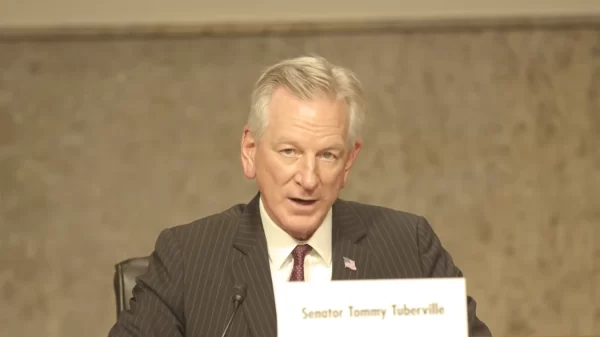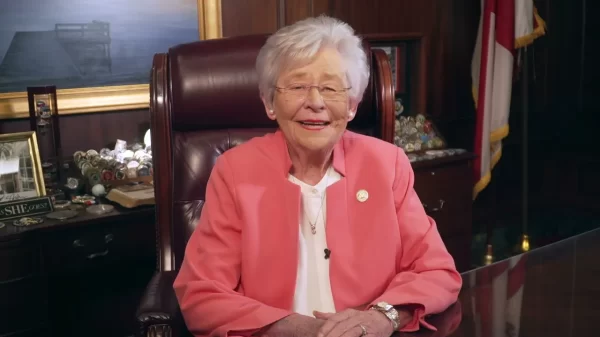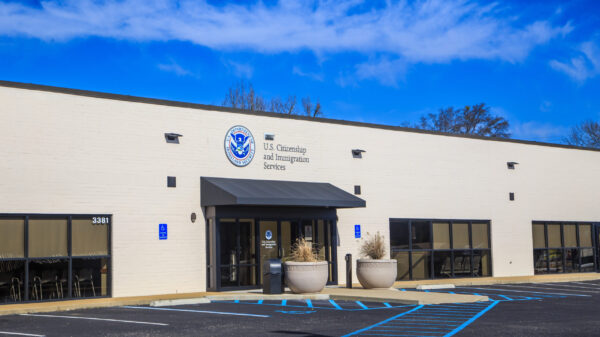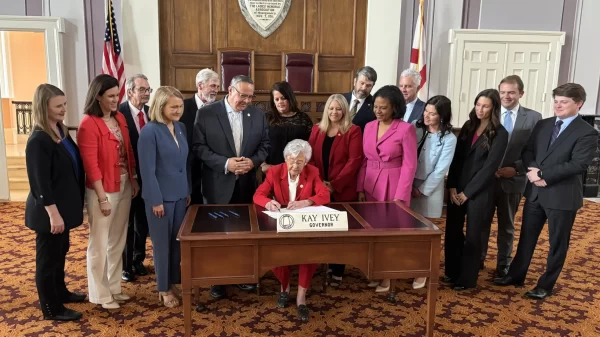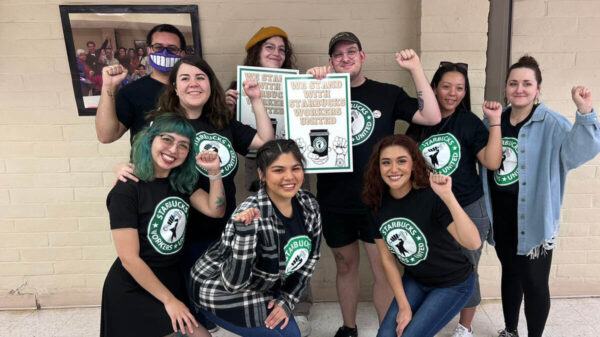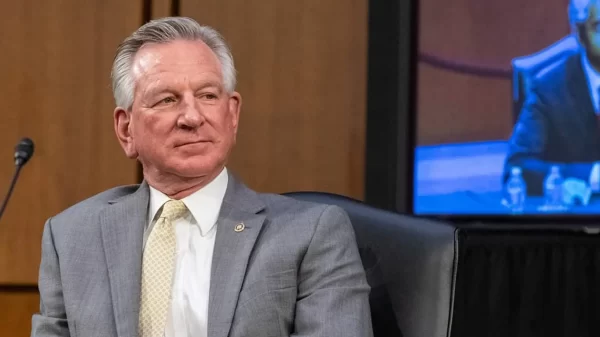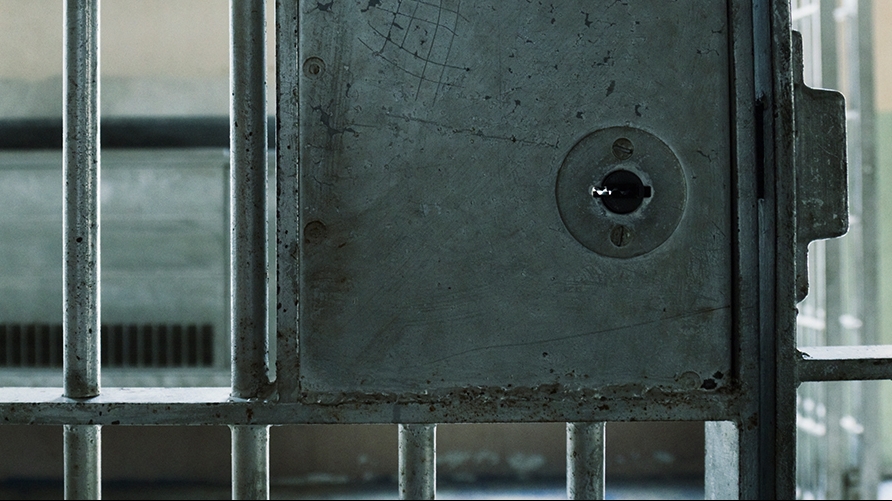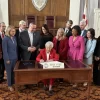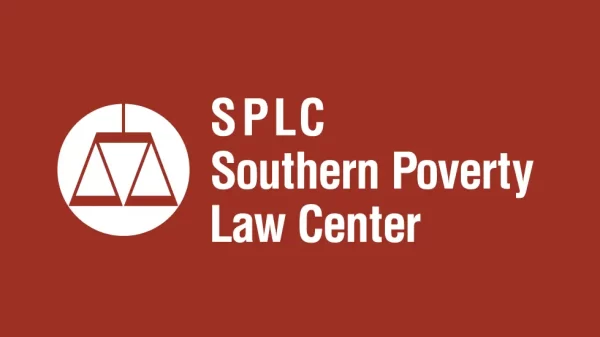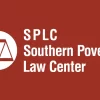By Chip Brownlee
Alabama Political Reporter
MONTGOMERY—Three Alabamians will receive a settlement from a private probation company after a lawsuit filed by the Southern Poverty Law Center in March.
Judicial Correction Services, a company based in Georgia that functions as a private parole agency for municipal courts, will pay an undisclosed amount of money to three people from Clanton, Alabama, thanks to the settlement of the lawsuit.
The SPLC argued in their lawsuit that JDS threatened the three individuals with jail when they fell being on payments from traffic violations and other misdemeanor citations. The SPLC said JDS violated federal racketeering laws when by “extorting monthly payments from probationers.”
Clanton’s municipal court contracted with the company in 2009 to collect fines and fees from people who could not afford to pay them, according to the lawsuit.
“We’re glad to see JCS pay for the distress they caused our clients by harassing them and threatening them with jail when they didn’t have the money to pay,” said Sara Zampierin, a senior staff attorney for the SPLC. “JCS is no longer doing business in the state of Alabama because cities recognized that its predatory, illegal practices had no place in our local courts. Unfortunately, some local governments continue to contract with private probation companies. We urge officials to ensure their court systems do not allow private companies to prey on those who can least afford it.”
When individuals couldn’t pay their fines and fees, they were put on a “pay-only probation” to pay off the fines over time. JCS was responsible for collecting those payments for the city court. When assigned to JCS, each offender was required to pay a $10 startup fee and then pay $145 a month in a JCS office. $40 of the $145 went solely to JCS, according to the lawsuit.
Even when people fell behind on their payments JCS still collected their fee and required more frequent payments, which in turn extended individual’s probation and made JCS more money, according the SPLC.
Once the federal lawsuit was filed in 2015, the SPLC sent letters to nearly 100 cities. Many cities in Alabama had already cut ties with the company before the lawsuit and SPLC’s letter, and today no more Alabama cities contract with the company.




